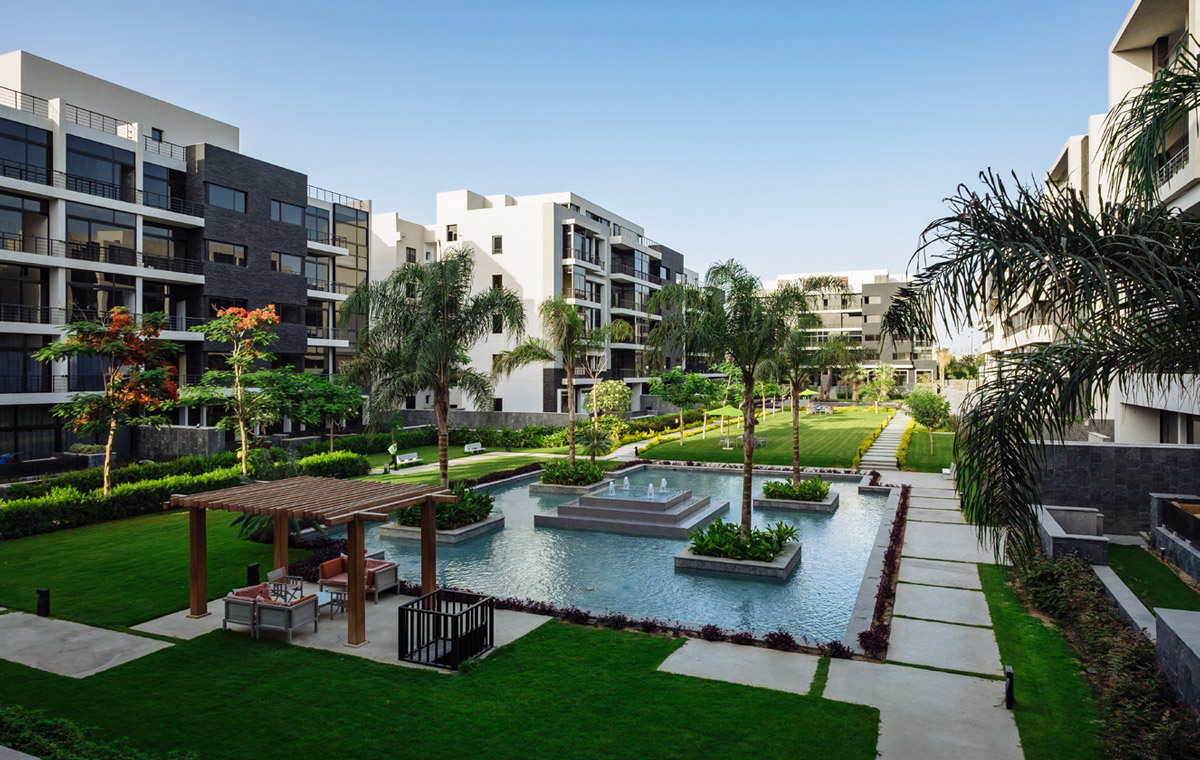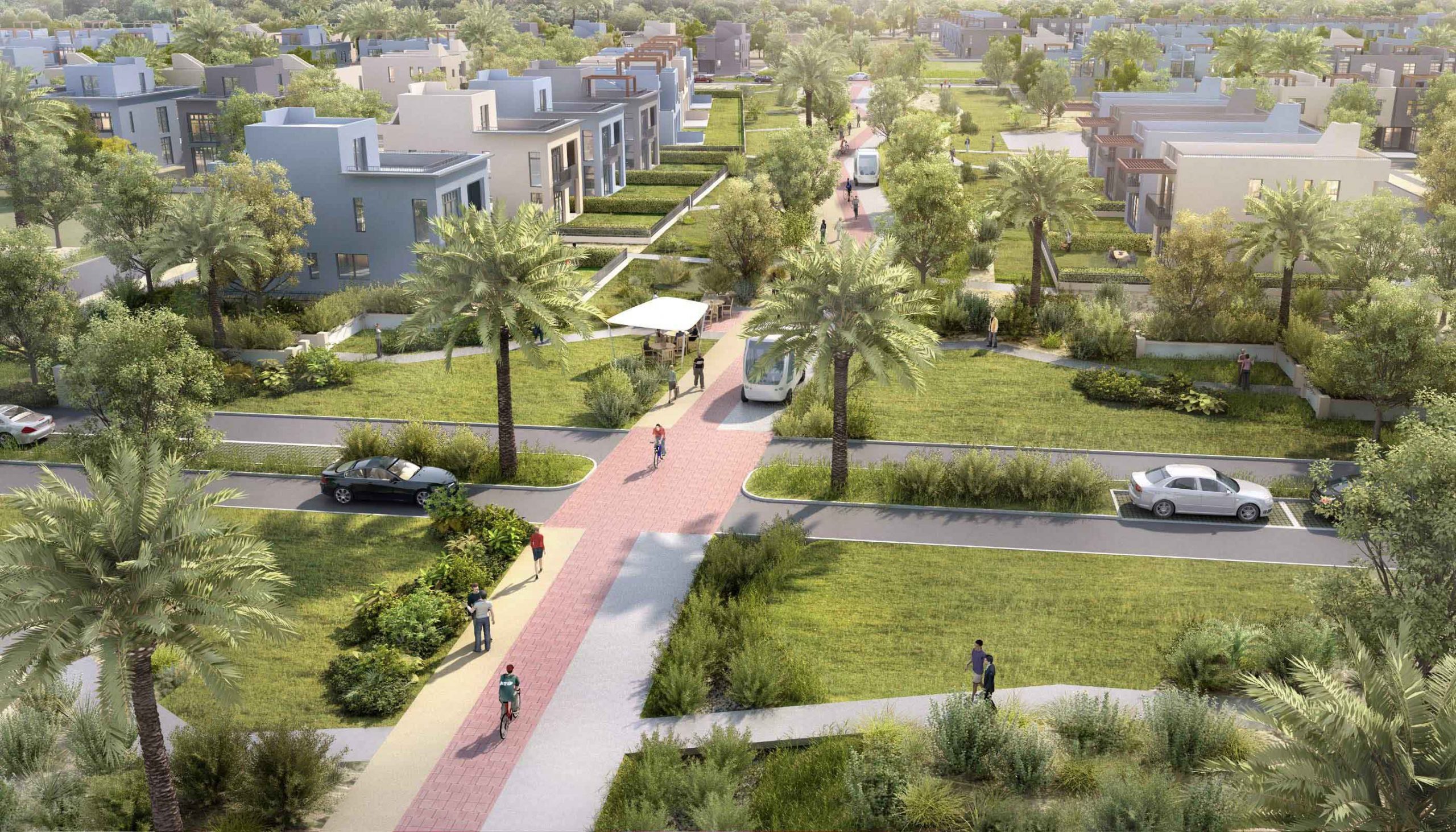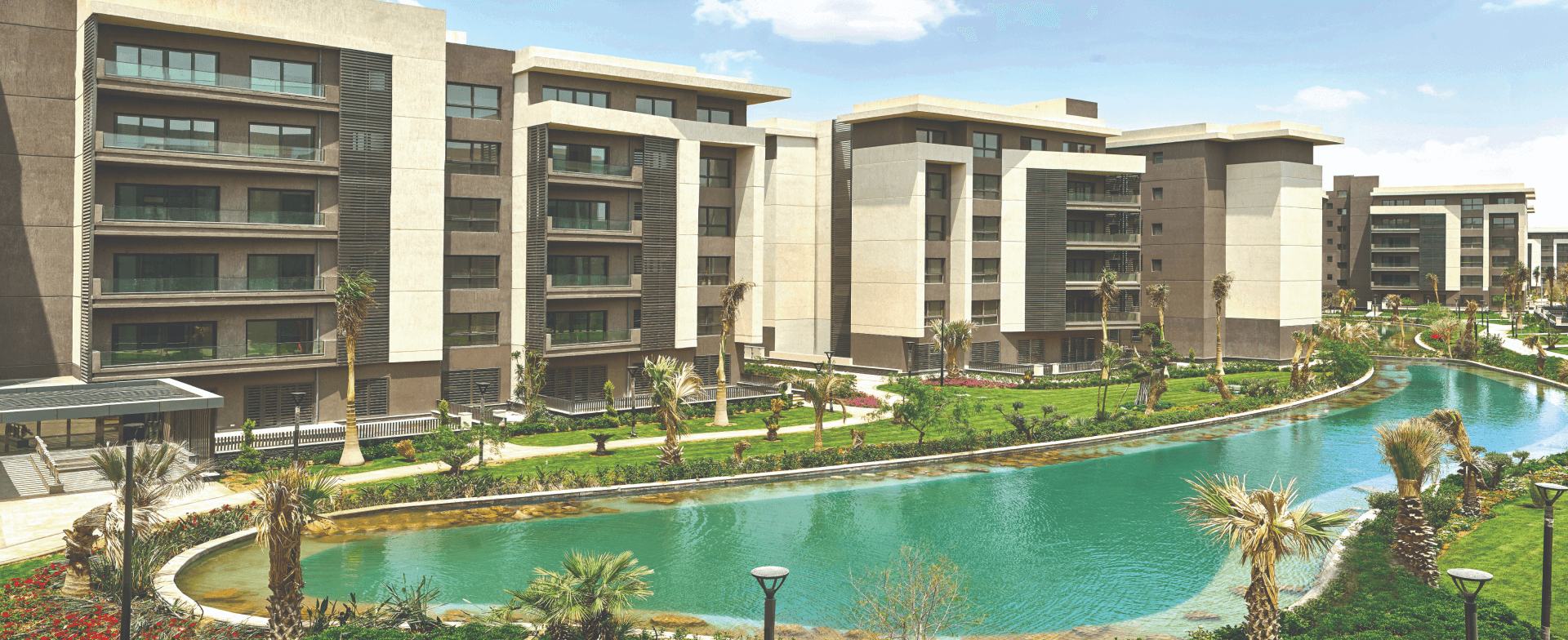Table of Contents
ToggleEver wondered how Egypt’s real estate market is responding to the global push for sustainability?
Developers are moving beyond luxury to embrace green building standards, renewable energy solutions, and eco-friendly designs that appeal to a new generation of buyers.
In this article, we’ll explore which developers are leading this movement, the features that define eco-compounds, and what they mean for the future of real estate in Egypt.
The Growing Demand for Eco-Friendly Living in Egypt
As urbanization accelerates, Egyptians are increasingly looking for homes that balance modern comfort with environmental responsibility. Rising awareness of climate change, coupled with higher energy costs, has fueled demand for eco-friendly communities. Younger buyers and international investors, in particular, are prioritizing compounds that integrate green spaces, solar energy, and sustainable water use.
This demand has pushed developers to rethink traditional building models. Instead of focusing solely on luxury finishes, many are now competing on eco-credentials. From the materials used in construction to community-wide recycling initiatives, eco-compounds represent a fresh approach to urban living in Egypt.

Leading Developers Driving the Eco-Compound Movement
Several key developers are setting the pace in Egypt’s sustainable housing market. Palm Hills Developments, known for innovation, has introduced green designs into projects like Palm Hills New Cairo. Hassan Allam Properties is incorporating sustainability into mixed-use projects that focus on community living. Meanwhile, SODIC has taken steps to integrate eco-conscious planning in projects like Westown and Eastown.
These developers are not only marketing green living as a lifestyle choice but also embedding it into the DNA of their projects. By leveraging technology and global best practices, they are reshaping what compounds in Egypt can look like.
The Role of Mountain View and “Happy Living” Designs
Mountain View Developments deserves special mention for weaving sustainability into its “happy living” philosophy. Projects like iCity showcase not only cutting-edge architecture but also smart layouts that maximize green spaces, pedestrian-friendly paths, and community parks.
The company’s focus on blending technology, wellness, and eco-conscious planning resonates with both Egyptian families and international buyers. By making sustainability part of the overall lifestyle experience, Mountain View is ensuring eco-compounds don’t just save energy — they improve quality of life.
International Standards and Green Certifications
One of the key shifts in Egypt’s real estate scene is the adoption of international green certifications like LEED (Leadership in Energy and Environmental Design). Developers like New Giza and SODIC have explored integrating global standards into their projects to reassure buyers that their eco-claims are credible.
This alignment with global practices boosts Egypt’s appeal to international investors who are accustomed to certified sustainable living. It also ensures projects remain competitive on the regional stage, positioning Egypt as a rising leader in eco-friendly real estate.

Eco-Friendly Features Buyers Can Expect
So, what makes an eco-compound stand out? Common features include:
- Solar-powered lighting and renewable energy integration.
- Smart irrigation systems that save water.
- Recycling and waste management programs at the community level.
- Energy-efficient construction materials like insulated walls and double-glazed windows.
- Green rooftops and landscaped parks to improve air quality and reduce heat.
These features aren’t just environmental add-ons — they also lower utility bills and improve long-term property values, making them attractive for both lifestyle buyers and investors.
Government Policies Supporting Eco-Compounds
Egypt’s government has played a crucial role in encouraging sustainability within housing projects. Under Egypt Vision 2030, green building initiatives and renewable energy integration are strongly supported.
The Official Egyptian Real Estate Platform further enhances transparency by allowing buyers to verify eco-friendly claims made by developers. Government-backed infrastructure projects — such as solar farms and smart city frameworks — also give developers the tools to design eco-compounds that are viable long-term.
Balancing Luxury with Sustainability
Eco-compounds in Egypt are not just about environmental responsibility — they are also designed to compete in the luxury market. Developers are proving that buyers don’t have to sacrifice comfort for sustainability. In fact, many compounds combine premium amenities like golf courses, wellness centers, and high-end retail with green practices.
This balance is especially attractive to high-net-worth Egyptians and expatriates who want modern luxury while supporting eco-conscious values. As a result, sustainable compounds often command premium pricing but deliver long-term savings and value.

Challenges Developers Face in Building Eco-Compounds
Despite the enthusiasm, building eco-compounds in Egypt is not without challenges. The cost of sustainable materials and technologies can be high, which sometimes translates into higher property prices. Developers must also educate buyers about the long-term financial and lifestyle benefits of green living.
Another hurdle is the regulatory framework, which is still evolving. While supportive, policies need to be streamlined to make it easier for developers to integrate eco-solutions into every stage of construction. Overcoming these challenges will be key to scaling eco-compounds across Egypt.
Opportunities for Local and International Buyers
For buyers, eco-compounds represent a unique opportunity. Egyptians gain access to healthier, more sustainable living environments, while international buyers see them as a chance to invest in a market aligned with global green trends.
Flexible payment plans and competitive pricing compared to other regional markets make eco-compounds particularly attractive. For investors, the eco-label often means stronger resale potential and higher rental demand, especially among younger tenants and environmentally conscious families.
The Future of Sustainable Living in Egypt
Looking ahead, eco-compounds are set to become a defining feature of Egypt’s real estate sector. As awareness grows and technology becomes more affordable, more developers will integrate sustainability into their projects. Buyers can expect smarter homes, greener communities, and urban planning that reduces congestion and pollution.
With Egypt aiming to position itself as a regional hub for sustainable living, eco-compounds will no longer be a niche product but the standard expectation for modern housing. This marks a new era where living green is not only possible but preferable.
Final Thoughts
Eco-compounds are more than just a real estate trend — they are a response to Egypt’s future needs. By blending sustainability, technology, and lifestyle, developers are creating communities that cater to both local families and global investors. While challenges remain, the momentum is clear: sustainable living is here to stay.
For buyers, choosing an eco-compound means investing in a healthier, more cost-efficient, and forward-looking way of life. For Egypt, it means stepping confidently onto the global stage as a leader in sustainable development.

Frequently Asked Questions(FAQs):
1. What is an eco-compound in Egypt?
It’s a modern gated community designed with sustainability features like solar energy, water-saving systems, and green spaces.
2. Which developers are leading in eco-compounds?
Palm Hills, Hassan Allam Properties, SODIC, Mountain View, and New Giza are among the leaders.
3. Are eco-compounds more expensive?
They may cost more initially, but long-term savings on energy and water often balance the expense.
4. Do eco-compounds include luxury amenities?
Yes, many combine sustainability with luxury features like gyms, pools, and golf courses.
5. How does the government support eco-compounds?
Through Egypt Vision 2030, green building initiatives, and platforms like the Official Egyptian Real Estate Platform.
6. Can foreigners buy property in eco-compounds?
Yes, foreign investors can purchase units, often with transparent processes supported by government platforms.
7. What green certifications do developers use?
Some pursue global standards like LEED certification to ensure credibility.
8. Why are eco-compounds attractive to international buyers?
They align with global sustainability values while offering competitive prices compared to other markets.
9. Are eco-compounds only in Cairo?
No, while many are in New Cairo and Sheikh Zayed, developers are expanding eco-projects to the New Administrative Capital and other cities.
10. What’s the future of eco-compounds in Egypt?
They are expected to become mainstream, with more developers integrating sustainability as a standard practice.
